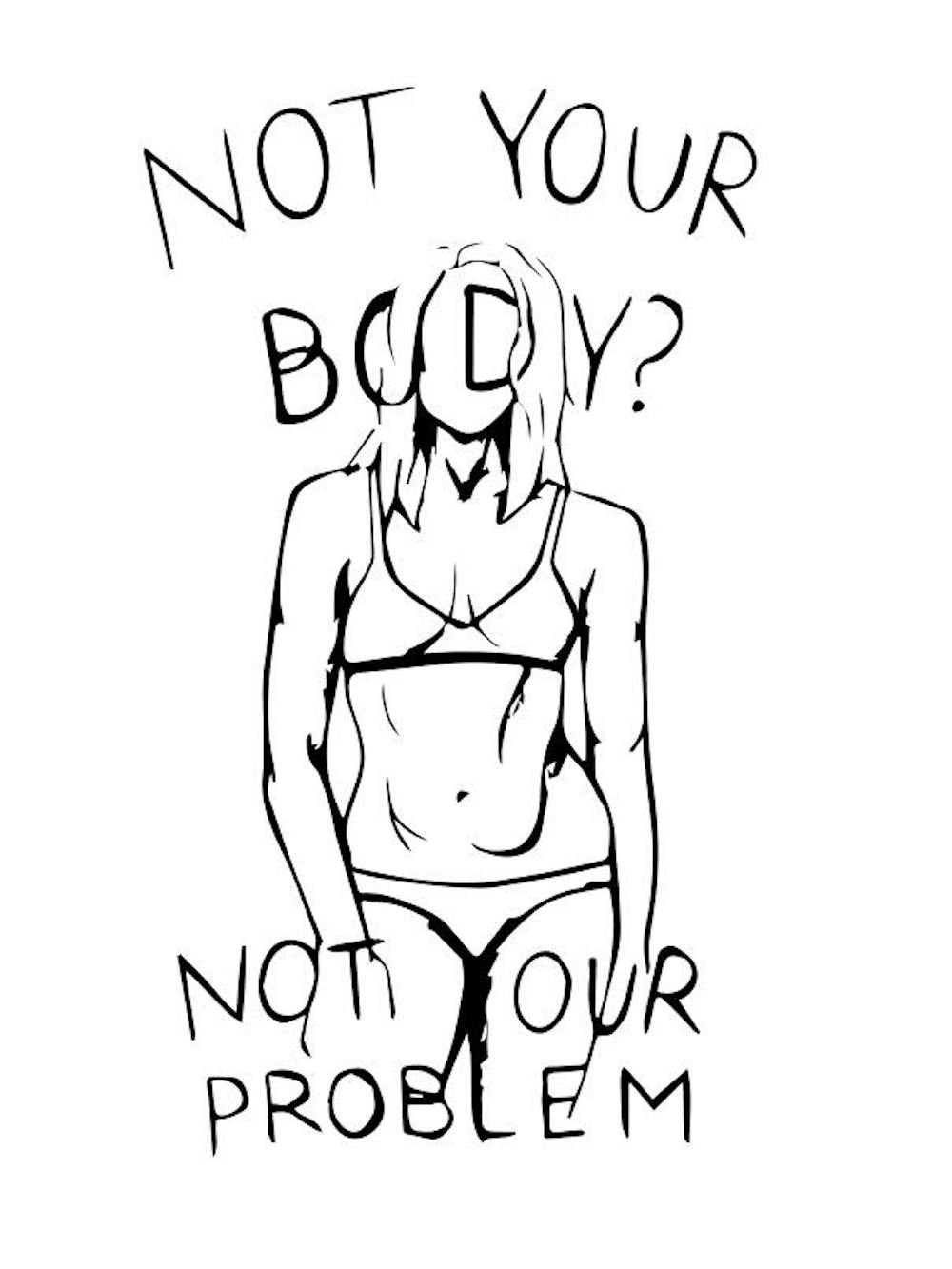The things we do to women in this country.
For all the progress we have made in recent decades — Roe v. Wade, increasing equal protection in the workplace, greater access to education and breaking down many long-standing stereotypes — we still haven’t gotten over the hump.
Sure, equal pay and sexual assault awareness have been the next populist frontiers of the feminist movement, but a great tragedy still prevalent today is the rising prices and increasing restrictions for women to receive abortions.
In January, the Guttmacher Institute released a report that revealed in 2014 alone, 335 new abortion restrictions were introduced in legislatures across the country and 231 new restrictions have been enacted in the United States since 2010 — a significant increase in similar legislation from the two decades prior In the state of Indiana, access to a safe, legal abortion services has grown more difficult, and for some, prohibitively more expensive.
Whether it be more intrusive methods of shaming women out of their decision, requirements for multiple exam visits, limited access to local care or skyrocketing costs, the state, like many across the country, has taken an active role in degrading women in their most vulnerable hour.
As of Nov. 1, 2014, Indiana state abortion restrictions include state-directed counseling with information that is designed to encourage women from having an abortion, an 18-hour waiting period before the procedure, a mandatory ultrasound and abortion pill restrictions.
Anti-abortion advocates will claim this is simply an attempt to enlighten women to their options before making an irreversible decision, but the Editorial Board believes the government has no place making moral calculations of this nature for its citizens.
As President of College Democrats at IU Hannah Miller explains, “It is important to remember that people do not plan to have an abortion. It is not something anyone wants to do. It is something that at times is medically, financially or psychologically necessary. Forcing people to go through with a pregnancy they don’t want is unjust and cruel.”
Regardless of what advocates of these restrictions might say, forcing women into a pregnancy is exactly where their intentions lie. Further, it is a decision that has no place being judged in the public sphere.
No matter what an individual’s personal feelings are, the decision to get an abortion is one which should remain solely between doctor and patient. If we want to prevent abortion, our focus should be on preventing unwanted pregnancies in the first place.
“The best way to reduce abortions is to reduce accidental pregnancy, not creating socioeconomic barriers for people who are already pregnant and seeking an abortion,” Miller said. “The most effective way to reduce unintended pregnancy is better access contraceptives and particularly for teens, better sex education.”
The Editorial Board agrees with this sentiment and urges lawmakers to admit this is not solely about abortion but also about making a moral and political difference.
It’s time we stop shaming women, the poor or our most vulnerable citizens. It is time we treat everyone with the dignity they deserve, and that begins with breaking down institutionalized discrimination of all kinds.




